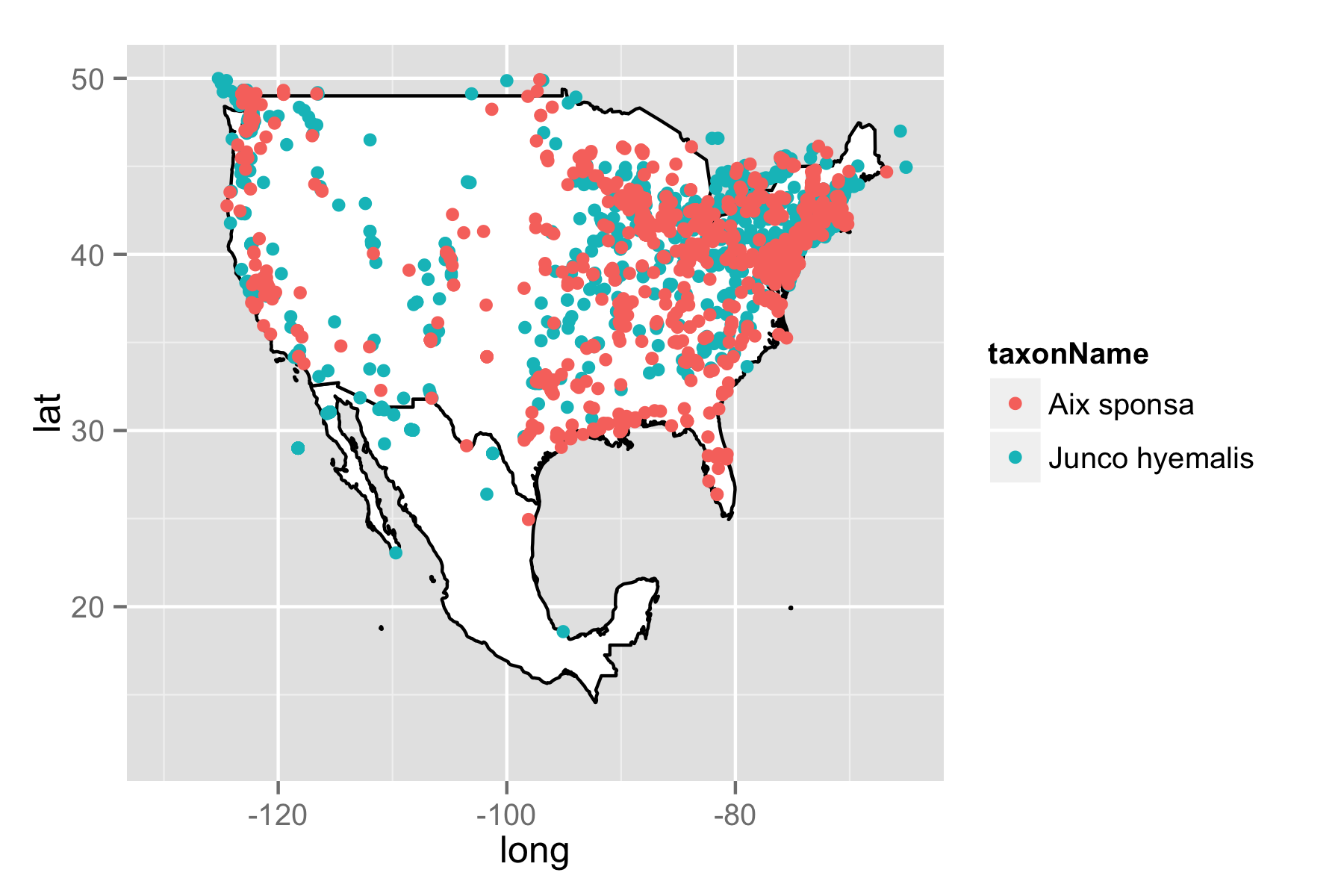
One of our primary goals at ROpenSci is to wrap as many science API’s as possible. While each package can be used as a standalone interface, there’s lots of ways our packages can overlap and complement each other. Sure He-Man usually rode Battle Cat, but there’s no reason he couldn’t ride a my little pony sometimes too. That’s the case with our packages for GBIF and the worldbank climate data api.


